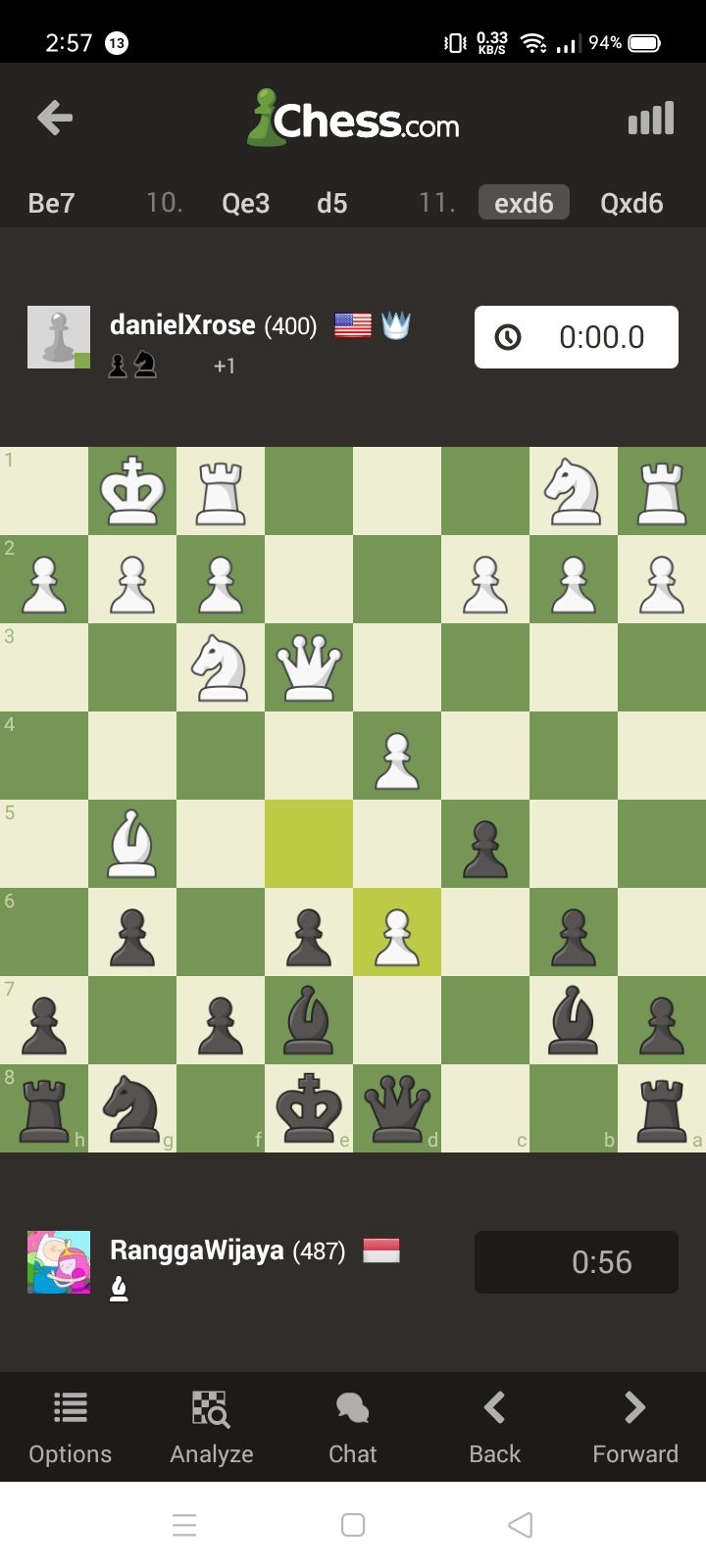Typically the En Passant Guideline in Chess

En passant is really a special pawn capture in mentally stimulating games. You are able to capture sobre passant as soon as your pawn is one rectangular deep into your own opponent`s fifty percent of the plank, and they proceed their pawn two squares from the starting square many of these that it lands directly next to your own
In buy to play an en passant catch, certain conditions should be achieved
Acquiring en passant is just not necessarily an excellent or bad proceed; it depends on the situation, just like virtually any pawn capture
Throughout general, the regulations of chess are usually pretty straightforward. Although there`s 1 rule that looks to always vacation up beginners, and even that`s typically the special rule relevant to pawns: the en passant capture. So in this post we`ll describe what the durante passant rule is, how players work with it, and exactly why en passant will be something you have to know well as a chess player.
Exactly what does En Passant Lead to and just how Does That Work?
First issues first: exactly what does sobre passant even result in? En passant (pronounced ahn-pa-sahnt ) comes from French in addition to means in moving. This identifies how the en passant capture works.
Notice a couple of things regarding this sequence:
Light` s pawn will be on the sixth rank (one block deep into typically the opponent`s half of the board)
Black`s pawn is moving 2 squares from its starting square to be able to land next to be able to the white pawn
White`s pawn still lands on the subject of the square oblicuo from it, even though the captured pawn was next to it
En Passant Regulations
The sobre passant capture is usually only reserved for special situations a person cannot capture sobre passant all the time. From the rules of the activity, in order to be able to execute an durante passant capture, several conditions must always be met:
Your pawn should be one sq . into your opponent` t half of the board. And so, should you` re Bright, your pawn have to be within the fifth rank, and when an individual` re Black, then your pawn has to be on the next rank (remember typically the ranks are often ordered from White colored` s perspective, thus it`s not necessarily your fourth rank, it`s White` s fourth rank)
You only have got the opportunity to be able to capture en passant directly after your opponent plays the pawn move. Right now there` s no waiting around until next convert you`ll drop your right to catch en passant!
The particular enemy pawn should land directly next to your pawn right after making a two-square hop
Should An individual Capture En Passant?
Merely like it` s i9000 not necessarily some sort of good idea to be able to capture an opposition` s pawn inside the normal style if offered, that is not often necessarily a very good idea to capture en passant if offered. As with most things in chess method, it depends for the situation.
Let` t look at a situation where a great en passant record was the approach to go. Within en passant chess move , Black just played b5, moving his b-pawn two squares from the starting position to land next to White`s a-pawn. Now it` h White to move.
If you` ve been paying consideration up to now, you` ll understand that White provides the ability in order to capture en passant. What do you think? Should they?
Within this case this` s a good idea for 2 factors:
Black`s b-pawn is threatening to go to b4, kicking away White` s knight on c3 and disrupting his central handle
By capturing en passant, White` s i9000 pawn is taken off from the a-file, meaning White` h rook has even more freedom/control over the a-file
After the sobre passant capture: White` s knight has ceased to be threatened and their particular rook has exceptional control over the a-file

How about this situation? White just enjoyed f4 should Dark-colored play exf3 sobre passant?
In this particular case, the answer then is no more there`s zero point! Better is to simply get the hanging pawn on d4, regarding example with Qxd4. By playing exf3 en passant, White will simply rekindle the pawn in f3. You wouldn`t have gained anything from that exchange.
